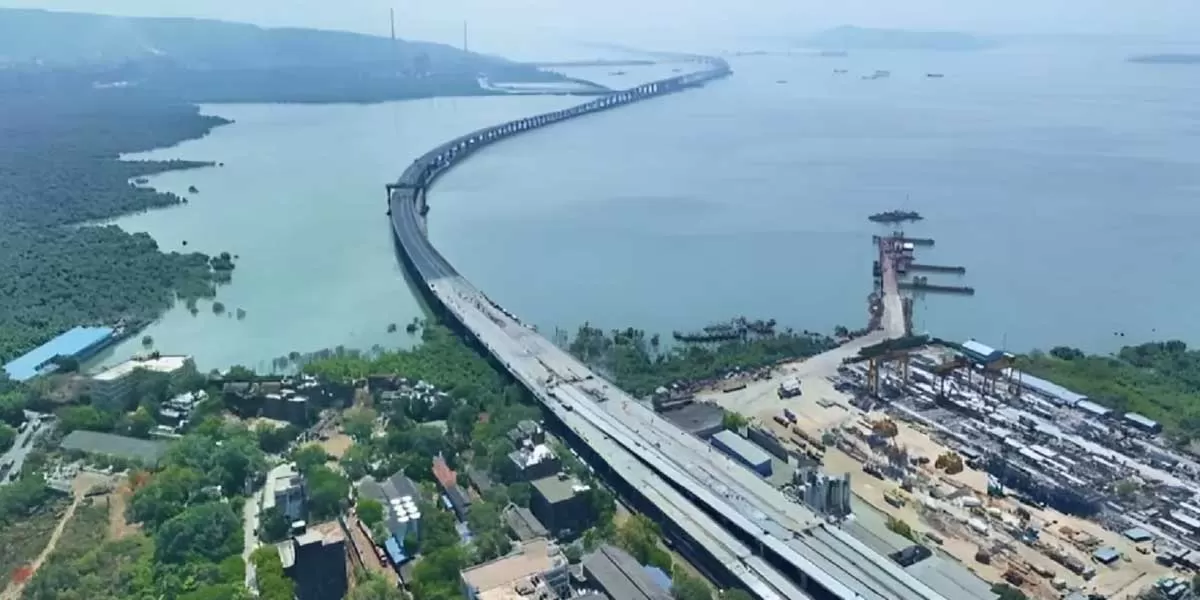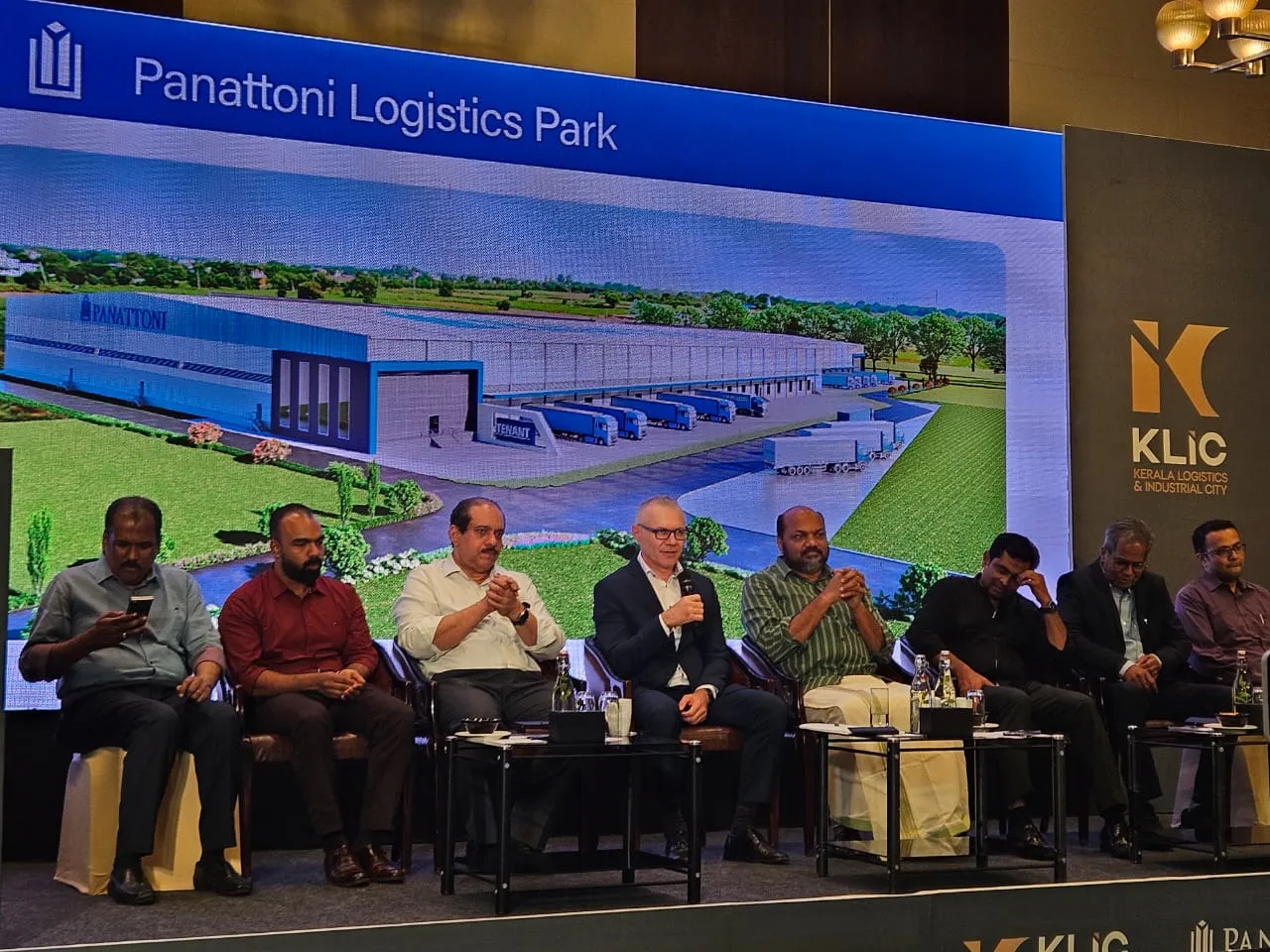
Toll Evasion Concerns Arise for Mumbai Trans-Harbour Link (MTHL)

Panattoni & Edayar Zinc Launch ₹800 Cr Industrial Park in Kerala
Global industrial real estate leader Panattoni and Kerala-based Edayar Zinc Ltd. have entered a strategic partnership to develop a cutting-edge, Grade A+ multi-client logistics and industrial park in the Edayar Industrial Area, Kochi. The project, with an investment of ₹800 crore, marks Panattoni’s entry into Kerala and will serve as the anchor development within the Kerala Logistics & Industrial City (KLIC)—a flagship initiative by Edayar Zinc Ltd. that aims to position Kochi as a gateway for global industrial and logistics investment.The agreement was formally executed on 5 Novembe..

7X & Zelostech Launch ‘AutoLogiX’ for Autonomous Transport in the Middle East
7X, the trade, transport, and logistics group, has launched Autologix Smarttech LLC (AutoLogiX)—a new joint venture with Zelostech, a global leader in autonomous vehicle technologies. AutoLogiX aims to build an integrated logistics ecosystem powered by Level 4 autonomous vehicles, strengthening the UAE’s position as a global hub for smart, tech-enabled transportation.In its first phase, AutoLogiX will roll out Level 4 autonomous cargo vehicles—purpose-built with no cab, steering wheel, or driver—signalling a major shift from traditional vans and trucks to faster, safer, and more sustai..

Tranter Chosen as Key Supplier for UK’s Flagship Carbon Capture Project
Tranter has secured a major contract to supply gasketed plate-and-frame heat exchangers for the Net Zero Teesside Power (NZT Power) project, set to become the world’s first gas-fired power plant equipped with commercial-scale carbon capture technology.Designed to deliver over 740 MW of flexible, low-carbon power—enough to supply more than one million UK homes—NZT Power will capture up to two million tonnes of CO₂ annually. The captured CO₂ will be transported and stored by the Northern Endurance Partnership (NEP), supporting decarbonization across the East Coast Cluster in Teesside a..
















